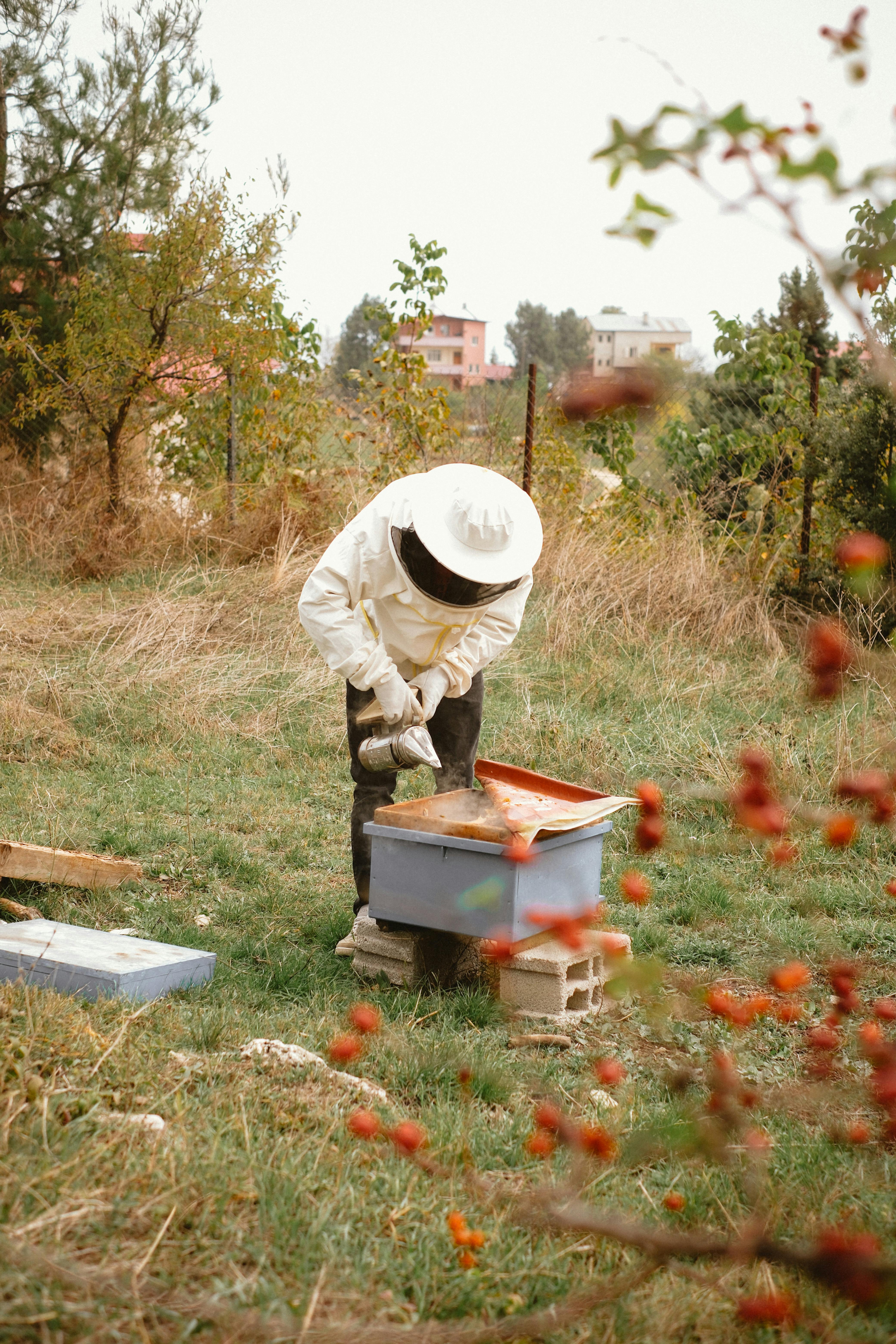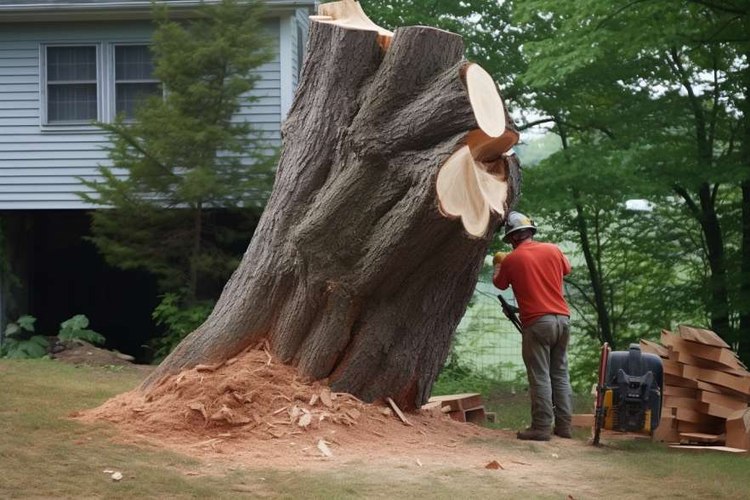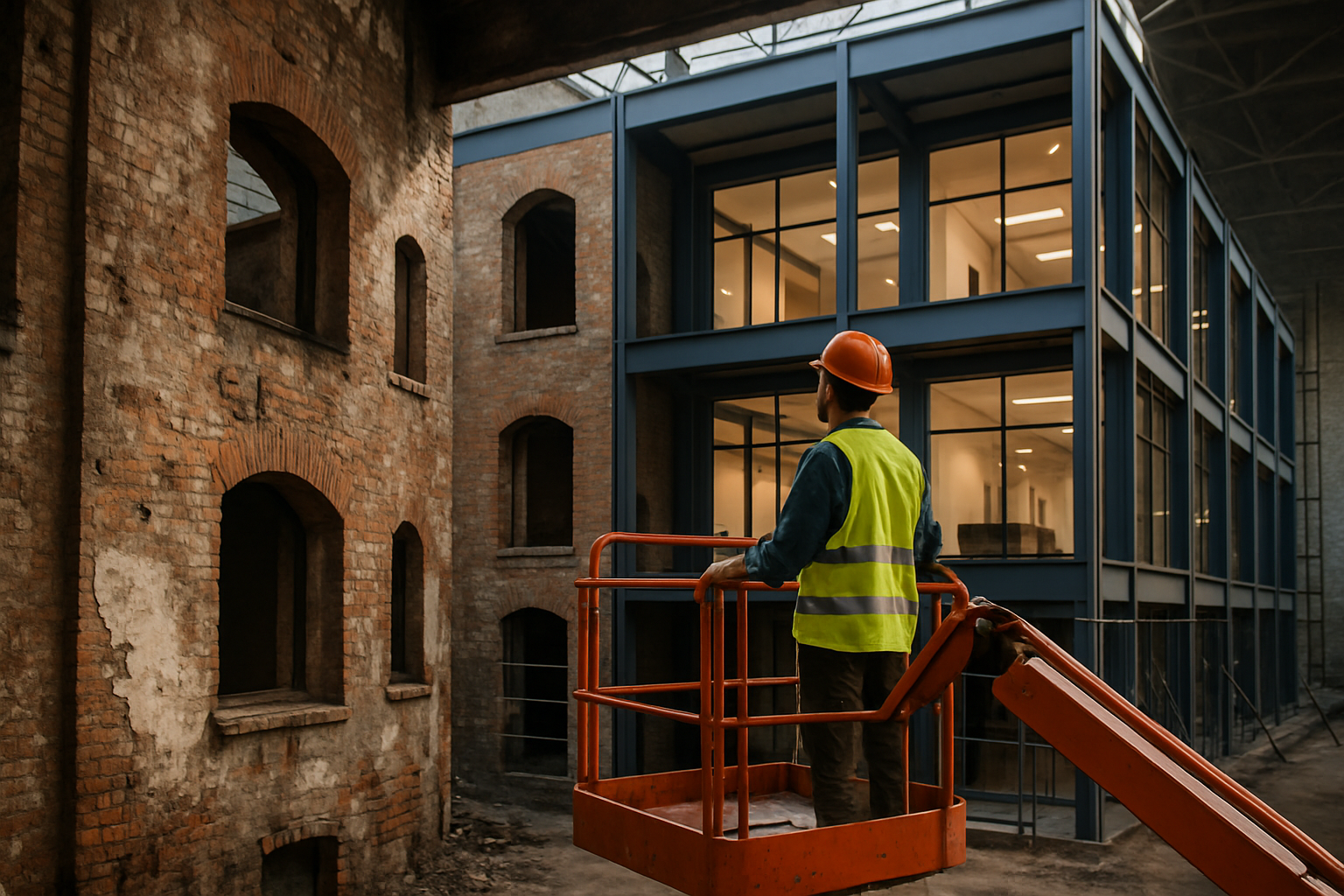The Rising Trend of Urban Beekeeping: A Buzz-worthy Phenomenon
Introduction: Buzzing rooftops are gradually becoming a common sight in metropolises worldwide. Urban beekeeping, also known as city or rooftop beekeeping, has emerged as an exciting, eco-friendly trend that supports local agriculture and promotes biodiversity. Let's delve into the fascinating world of urban beekeeping and its transformative impact on our cities and ecosystems.

A Historical Overview: Beekeeping in Urban Spaces
Beekeeping is an age-old practice dating back to ancient civilizations, such as Egypt and Greece. However, the concept of urban beekeeping is relatively new, gaining momentum in the late 20th century out of necessity. As rural spaces shrank, and concerns about honeybee populations arose, city dwellers started creating hives in their backyards, balconies, and rooftops. Today, urban beekeeping is a growing trend, with cities like London, New York, and Paris buzzing with rooftop hives.
The Current Buzz: Urban Beekeeping Today
The popularity of urban beekeeping has skyrocketed in recent years. A renewed interest in sustainable living, coupled with concerns about declining bee populations, has driven city dwellers to take up this practice. Various cities worldwide have relaxed their regulations, allowing beekeeping within city limits. Organizations like the British Beekeepers Association and the Honeybee Conservancy offer resources and support for urban beekeepers, further facilitating the trend’s growth.
The Market Impact: The Sweet Success of Urban Honey
Urban beekeeping isn’t just a hobby—it’s a thriving industry. City-produced honey is considered a premium product, often fetching higher prices than its rural counterpart due to its unique flavor profiles. As urban dwellers become more conscious of their food’s origin, the demand for locally sourced honey is on the rise. In London, Fortnum & Mason sells jars of honey produced from their own rooftop hives, reflecting this trend’s potential profitability.
The Environmental Impact: More Than Just Honey
Urban beekeeping isn’t just about producing honey—it’s also about promoting biodiversity. Bees play a crucial role in pollination, contributing to plant diversity and food production. By establishing hives in urban spaces, we can help mitigate the impact of declining bee populations. Moreover, urban beekeeping raises awareness about the importance of bees, fostering a sense of environmental stewardship among city dwellers.
The Future Buzz: What’s Next for Urban Beekeeping?
As urban beekeeping continues to gain traction, we can expect to see more cityscapes dotted with buzzing hives. Educational initiatives about the importance of bees and beekeeping could become more prevalent, and city planning might even incorporate bee-friendly elements.
In conclusion, urban beekeeping represents a harmonious blend of urban living with nature. It’s a testament to our ability to adapt and innovate, turning concrete jungles into thriving ecosystems. While the buzz around urban beekeeping is certainly exciting, it’s just one piece of the puzzle. To truly make a difference, we must continue to champion environmental sustainability in all aspects of our lives.




